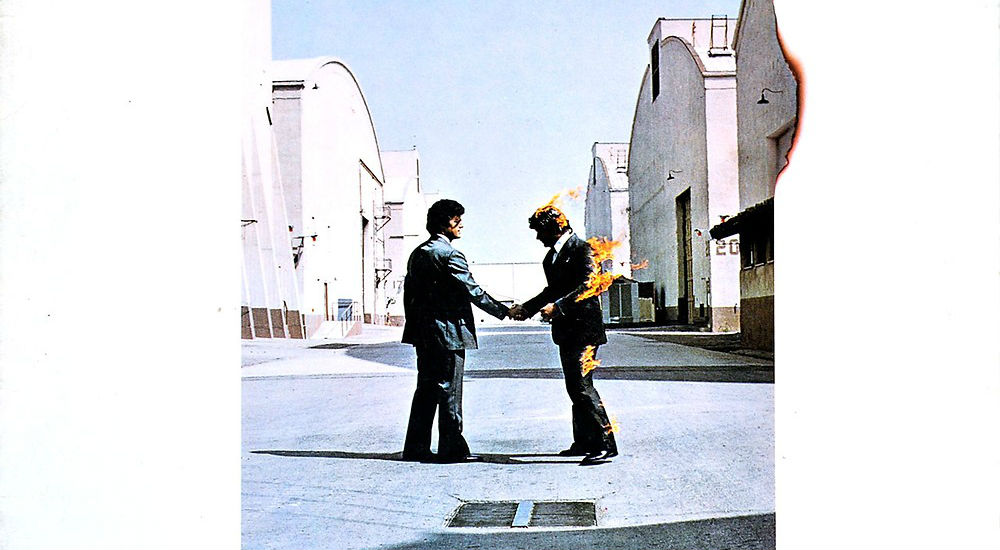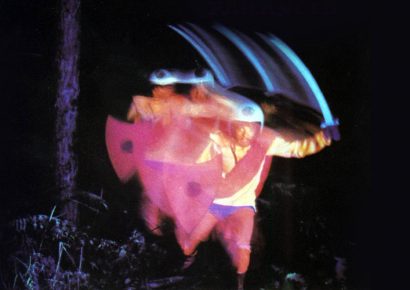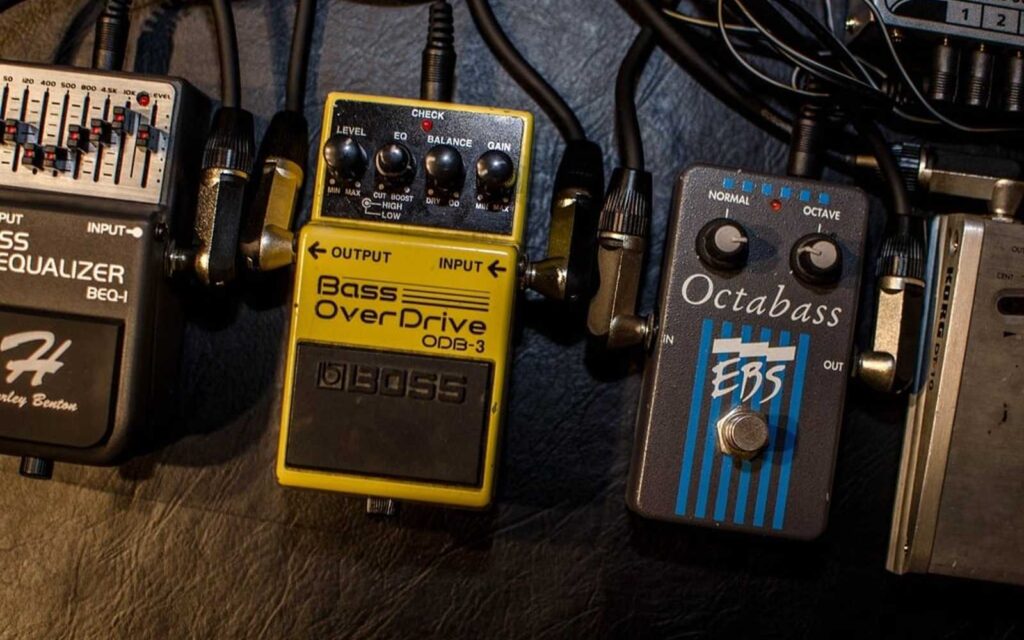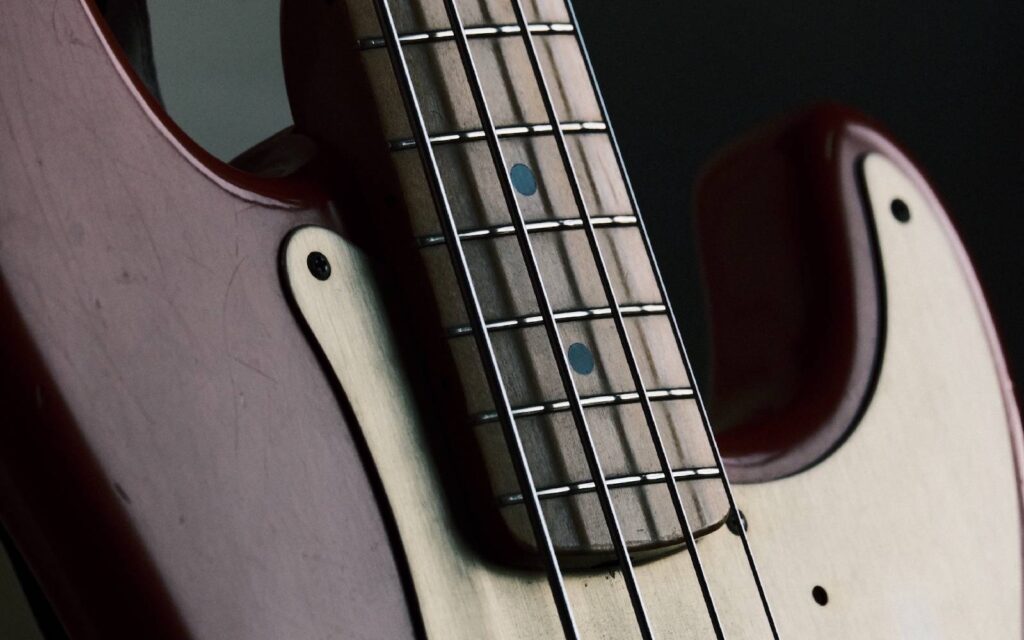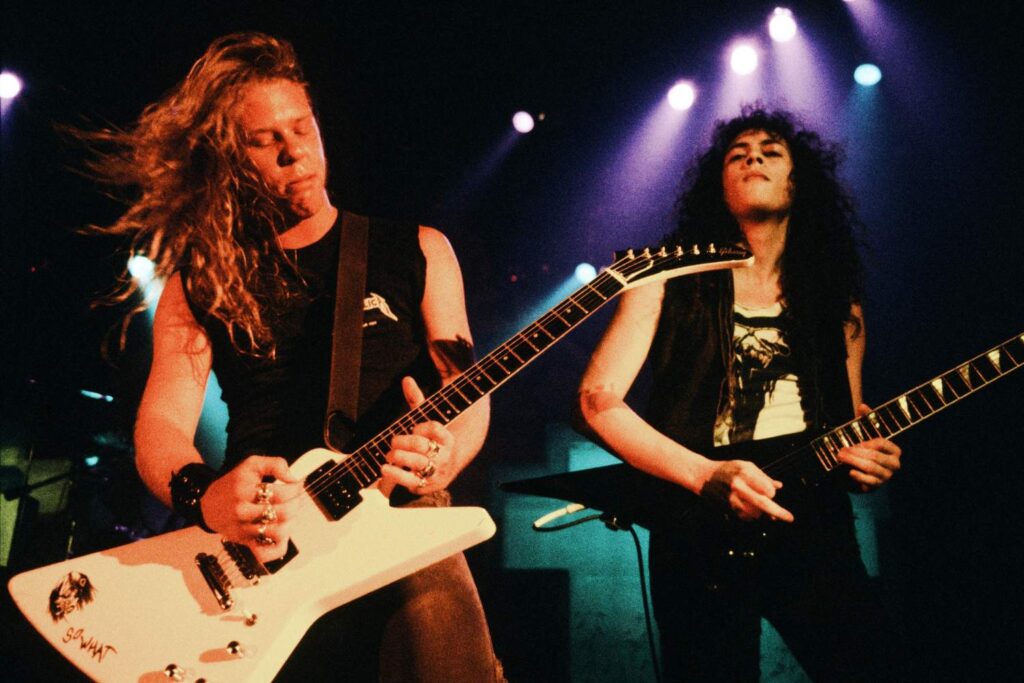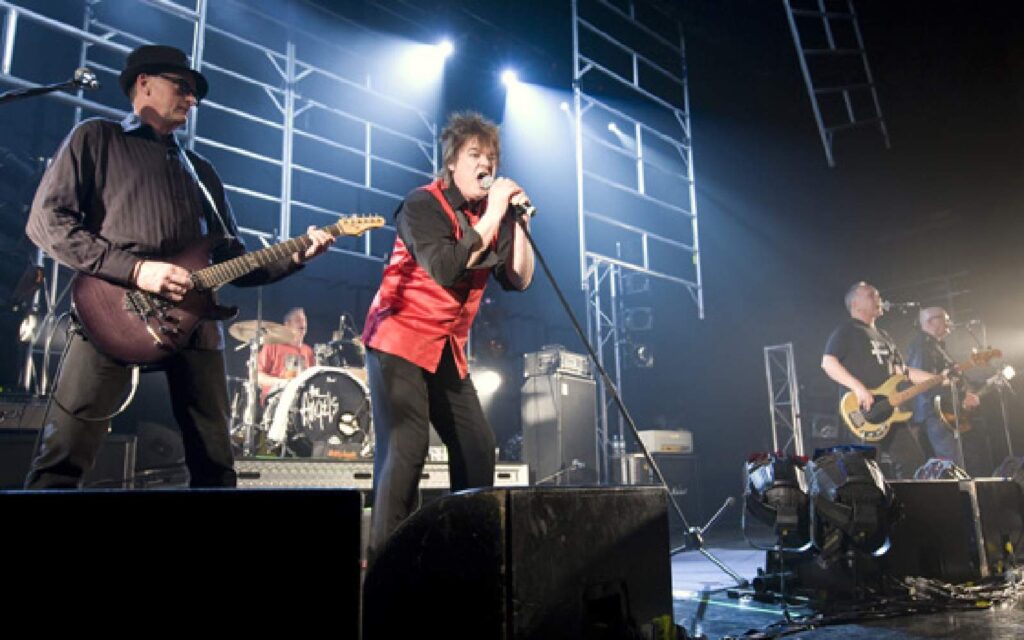Wish You Were Here is generally regarded as a concept album, and an innovative outlier of the highest order. It’s hard to conceive of many bands that sought to focus on themes such as mental illness with the utmost sensitivity and respect, all the while enveloping such topics within a phantasmal soundscape bound to send shivers down the spine of any listener. Today, we’re breaking down the significance of each of the album’s five songs, and why the visceral effects they elicit still ring as true in 2020 as they did in 1975.
1. ’Shine On You Crazy Diamond — Parts 1-5’
This 13-minute epic was written as a solemn tribute to Pink Floyd founding member Syd Barrett, who effectively ran the band throughout their formative years. In 1968, he penned one of the most influential psychedelic rock singles of all time in ‘See Emily Play’, propelling the group to mainstream notoriety, and setting a precedent for Pink Floyd’s status as songwriting visionaries.
Later that year, Waters, Wright and Mason were forced to reluctantly oust Barrett from Pink Floyd due to his excessive LSD use, which the other members viewed as impinging upon the singer’s mental health, not to mention the band’s creative process. While feeling guilty about his removal, the group believed it was in everyone’s interests: Barrett was subsequently replaced by his old school friend in David Gilmour.
‘Shine On You Crazy Diamond’ is split into two large chunks, each on either end of the LP. Richard Wright’s work on the ARP String Ensemble is breathtaking, as the keyboard icon begins the band’s magnum opus with a single sombre, sustained chord. His tasteful, improvised melodies over the top set the perfect backdrop, before Gilmour’s crying Stratocaster introduces itself with a heartfelt solo for the ages.
Waters’ vocals come in, as he sings about the paradox of losing a friend who is still alive: “Remember when you were young, you shone like the sun / Now there’s a look in your eyes, like black holes in the sky”. In what can only be described as a quasi-supernatural occurrence, Barrett unexpectedly showed up at Abbey Road on the very day the band were recording the vocal take. Wright recalls the uncanny appearance:
“Roger was there, and he was sitting at the desk, and I came in and I saw this guy sitting behind him – huge, bald, fat guy. I thought, ‘He looks a bit…strange…’ Anyway, so I sat down with Roger at the [mixing] desk and we worked for about ten minutes, and this guy kept on getting up and brushing his teeth and then sitting – doing really weird things, but keeping quiet. And I said to Roger, ‘Who is he?’ and Roger said ‘I don’t know.’”
When Gilmour identified the man as their former bandmate, Waters apparently broke down in tears. Pink Floyd’s ability to engrave this raw emotion within ‘Shine On’ is perhaps the best explanation as to why the tune still resonates with humankind after so many years.
2. ‘Welcome To The Machine’
While written by Waters, it’s the arrangements by Gilmour and Wright that do so well to sonically reflect the dystopia detailed in the lyrics. The keyboardist can be heard using an EMS VCS 3 synth, his ARP String Ensemble as well as a Minimoog: the combination of these sounds alongside with Gilmour’s hypnotic work on the 12-string simply evades the boundaries of description.
At times, the British prog icons were forced to test their own innovation when it came to the recording process. Gilmour – who sings lead vocals on the track – admitted that he had difficulty singing one particular line of the song: “It was just a line I couldn’t reach, so we dropped the tape down half a semitone.” He then sang the section marginally lower, before raising the tape back to normal speed.
3. Have A Cigar
The flip side of Wish You Were Here welcomes a more conventional approach to songwriting, beginning with the ever-bluesy ‘Have A Cigar’. Sung by folk hero Roy Harper, the song is a caustic attack on the manipulative practises of those at the very top of the music industry. Waters’ lyrics expose the sheer phoniness of label executives: “The band is just fantastic, that is really what I think / Oh, by the way, which one’s Pink?”
Gilmour and Wright are solid as ever, with the latter’s Wurlitzer, ARP and Clav parts keeping the song ticking like clockwork. While one has a tendency to dismiss Roger Waters as a bassist, his melodic playing adds another dimension to this track, not to mention that ridiculously plump P-Bass/plectrum tone. As we reach the solo, Nick Mason breaks out into an uncharacteristic 16th note beat, locking in with Wright’s pulsating, sequenced synth.
4. ‘Wish You Were Here’
If there’s ever a moment that epitomised Pink Floyd’s sheer brilliance, it’s ‘Wish You Were Here’. The song begins with the sound of Gilmour’s own car radio being tuned from ‘Have A Cigar’ to a station playing Tchaikovsky’s Fourth Symphony, and then finally to the title track. This is an indication that the album is taking a dynamic turn: from sardonicism to sincerity; blues-rock to folk.
Waters’ perception of the lyrics transcends the telling of solely Barrett’s story. He believes the song is also autobiographical in nature, saying that: “It’s to encourage myself not to accept a lead role in a cage, but to go on demanding of myself that I keep auditioning for the walk-on part in the war… I want to be in the trenches. I don’t want to be at headquarters; I don’t want to be sitting in a hotel somewhere. I want to be engaged.”
Gilmour, who delivers the lead vocals on the record, admits that it’s hard not to think of Barrett whenever he performs the song. His famous 12 string guitar intro sets the tone for this timeless gem, as he delivers a poignant message to his former bandmate. Every line, in its succinctness, is poetry at its finest: “So, so you think you can tell / Heaven from hell? Blue skies from pain?”
The singer reflects upon Barrett’s inability to distinguish reality from his distorted perception of it. He asks his old schoolmate “Did they get you to trade your heroes for ghosts?” ‘They’ likely refers to the inner voices Barrett heard – those that ultimately persuaded him to trade success grounded in reality for a life of obscurity: a life lived solely inside his own head.
5. ‘Shine On You Crazy Diamond — Parts 6-9’
Only Pink Floyd would dare to divide a song into two 13 minute sections, each placed at opposite ends of the album. Waters’ bass comes in, soaked in flanger, while a reprise of the first side’s vocals finds its way back in. The track becomes more upbeat, as Mason gives us a sumptuous groove from behind the kit. The bass and Hohner clavinet tracks appear out of nowhere, steering this structural behemoth into uncharted territory.
No other Pink Floyd song better demonstrates the musical genius of Richard Wright than ‘Shine On You Crazy Diamond’. His ability to fill out the mix using a variety of keyboards is unparalleled, and it’s dubious as to whether the band would have achieved the same level of commercial and critical longevity without the late keyboard craftsman.
Wish You Were Here is one of few albums that has left a truly indelible mark on the expansion of rock music as a concept. While the recording sessions were tainted by interpersonal tensions, stagnations in productivity and a lack of direction following the success of The Dark Side Of The Moon, the final product is nothing short of a masterpiece that will never cease to be humanly nor musically significant.
Rediscover the making of Pink Floyd’s Dark Side Of The Moon.
